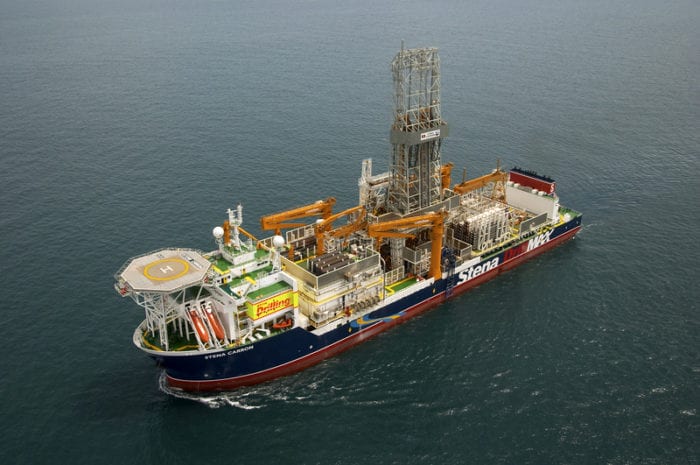Guyana’s finance minister, Winston Jordan, says ‘strict rules’ governing the administration of the fund that is being set up to manage oil income will ensure that no government can misuse the billions of dollars in revenue the country is set to receive in coming years from oil production.
Mr. Jordan explained that the maximum withdrawal from the Natural Resources Fund (NRF) – Guyana’s version of a Sovereign Wealth Fund – is known as the Economically and Fiscally Sustainable Amount, which is bound by the smaller of an Economically Sustainable Amount (ESA) and a Fiscally Sustainable Amount (FSA). He said a Macroeconomic Committee, comprising qualified representatives of the Government, Bank of Guyana, Private Sector Commission and Leader of the Opposition, as well as a leading international macroeconomic expert, is responsible for providing the Minister of Finance with a recommendation on the Economically Sustainable Amount (ESA), taking into account the effects of additional spending on Guyana’s economic competitiveness.
“I am proud to have advocated for these ‘strict rules’ and all Guyanese should be happy that those ‘strict rules’ were put in place to ensure that the NRF is not treated as a slush fund by any Government,” Mr. Jordan said in a letter published in the local media on Friday.
He said in analysing the impact of additional spending on the economic competitiveness of Guyana, the NRF Act compels the Macroeconomic Committee to consider key variables such as inflation, the exchange rate, economic growth, the composition of public spending, stability in public spending, and public debt.
The NRF Act stipulates that the Committee’s recommendation must be included in the annual budget proposal and annual report of the NRF, allowing the public to scrutinise any deviations from this advice, Mr. Jordan pointed out.
“Firstly, in determining the ESA, the Macroeconomic Committee is explicitly required to consider public debt. Secondly, the withdrawal rule was not imported from somewhere else. It is grounded on an assessment of Guyana’s current situation, and the investments that will be needed to transform the economy,” he stated.
An examination of the human and physical infrastructure gaps that exist in Guyana was done, including those in education, health, roads, bridges, ports and energy, and the projects that would be needed to bridge these gaps. “At the same time, we also considered our ability to execute these projects effectively, in addition to the absorptive capacity of the domestic economy,” Mr. Jordan said.
The rule allows for the front-loading of expenditure in the short- to medium-run, with an eventual transition to a Norway-type rule, where only the expected interest earnings from the NRF are available for withdrawal. “This transition is expected in 6 to 10 years, but the timing is dependent on oil prices and the pace of oil production,” he pointed out.
On January 23 this year, Guyana’s President, David Granger, signed the NRF into law but subsequent delays in setting up the Macroeconomic Committee has resulted in the fund not yet being operational.
“In going forward, what will happen if we can’t get the committee setup, the account will be governed by the law that is in place. It will receive the monies so to speak and it will be parked there until we can get the Parliament going,” Mr. Jordan has said.



